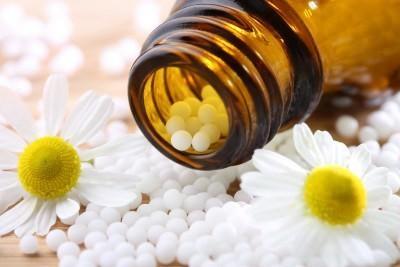
Homeopathic Thuja (Tumours , Cancer, Skin, Warts )
£ 9.99
Today, thuja is mostly used against warts and polyps, but to some extent, it is also used as a remedy for acute bronchitis and other respiratory disorders due to the herb’s expectorant and anti-catarrhal properties.
Thuja is a diuretic and has been used to treat cystitis and bed-wetting in children.
Can be used to ease painful joints and muscles to increases blood circulation and thus reduce pain and stiffness.
1. Bladder and Prostate Problems
Thuja is often considered for both prostate and bladder problems. The person has a swollen and inflamed urethra, which leads to a split and weak urine stream. Although there is a frequently strong urge to urinate, there is also trickling incontinence.
Urethral infection is also common in men, while there is often a discharge that may affect the prostate gland. The prostate will be enlarged and hardened.
On the other hand, women may suffer from a vaginal infection with profuse discharge. Inflammation may also spread throughout the pelvic region. There may also be a history of non-specific urethritis, gonorrhea, or genital warts.
2. Headaches
Thuja is considered for headaches when there is also piercing neuralgic pain due to stress, overexcitement, or exhaustion. The headache may also be associated with infected sinuses, inflamed gums, or tooth decay.
Tilting the head backward will improve the headache, but sexual addiction or tea consumption makes it worse.
3. Skin Problems
Thuja is often considered a key remedy for all types of warts, specifically large “cauliflower” warts and warts that weep, sting, or are on stalks. The warts will be oozing and cracked, and they may also smell like old cheese or fish.
Homeopathic thuja is considered an all-purpose remedy for warts on the face, hands, feet, knees, and genitals. It is also used for venereal warts, plantar warts, vaccine-induced warts, anogenital warts, butcher’s warts, and a common wart-like condition called molluscum contagiosum.
Thuja is also considered for acne, itchy skin, scaly skin patches, brown “age spots,” and deformed, ridged, or weak nails.
4. Memory Loss
Thuja is the preferred memory loss remedy for those with a weak and foggy memory, and can’t find the right words to say. At the same time, they have dull and vanishing thoughts, slow speech, and can’t concentrate.
The person also experiences self-hatred and feels irritable, hurried, and fixated on a particular idea. The body also feels fragile, as if the mind and body are separated.
5. Obesity
Thuja is a common homeopathic remedy for obese individuals that have flabby and soft tissues. The person is also prone to a chronic fishy mucus discharge, allergies, moles, warts, sweet or musty perspiration, and a pale and oily face.
Symptoms may improve with warmth or during discharge.
6. Menstrual Problems
Thuja is a helpful menstrual remedy used particularly when menstrual periods are scant or too early. The remedy is also needed for ovarian cysts or when extreme pain is felt over the woman’s left ovary.
Symptoms improve from lying on the affected side or on the back, but worsen during menstruation or after gonorrhea.
7. Sinusitis and Catarrh
Thuja may also benefit people with chronic respiratory issues or sinus problems. It may be considered for asthma and sinusitis with nasal polyps consisting of thick, green, and bloody mucus-filled pus.
It is also a good remedy for foul-smelling catarrh that is often green or yellow.
8. Vaccination Detoxification
Thuja is considered when illness results from a vaccination, or the person is generally unwell since the use of the vaccine.
Conditions that may result from the vaccine may include warts, coughs, ear infections with discharge, atrophy of the arm, tongue ulcers, brain damage, neuralgia, conjunctivitis, asthma, migraine headaches, diarrhea, insomnia, restlessness, and loss of speech.